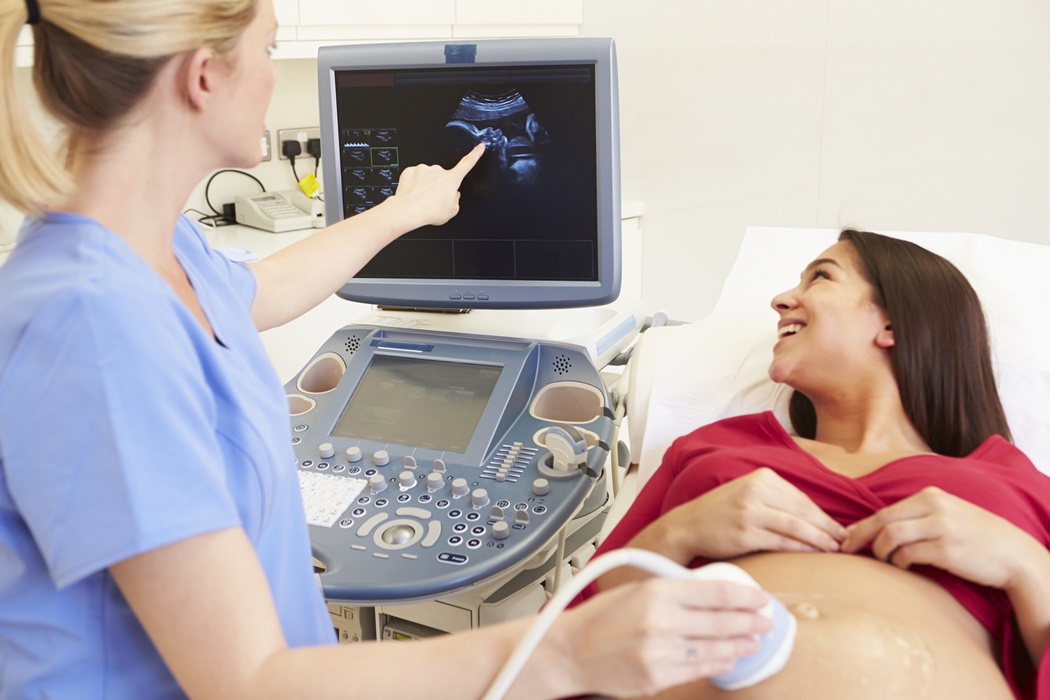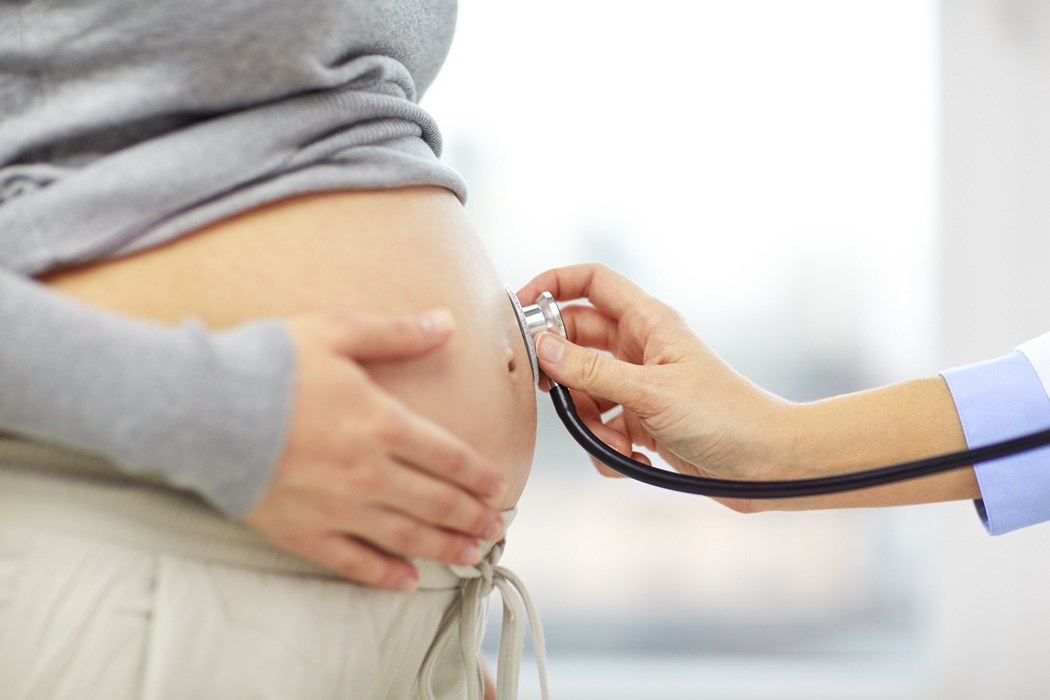When you are a first-time mum-to-be, you probably will hear a lot of old wives’ tales from eating twice as much to not being allowed to have pets or your belly reveals the baby’s gender, and needless to say, the list goes on and on.
Some of it can be amusing while some can be scary and worrying too.
Well, you don’t have to believe it at all.
Dr. Tan Chee Hoi, Consultant Obstetrician and Gynaecologist from Pantai Hospital Cheras debunks these myths and will clear up your biggest concerns once and for all.
Check these out!
1. Pregnant women shouldn’t eat sweets

You can certainly enjoy sweets. However, if you are craving for a lot of unhealthy food, such as sweets, desserts and chocolate, try not to over-indulge. Too much sugar can cause excessive weight gain and dental problems. Be cautious if you are having existing diabetes or gestational diabetes.
2. Pregnant women shouldn’t drink coffee

Coffee, like other caffeinated beverages, can be taken moderately during pregnancy. You can still enjoy your usual coffee fix but bear in mind to limit yourself to 200 mg of caffeine a day, which is two cups of instant coffee or one cup of brewed coffee.
3. Eating spicy foods while pregnant can cause birth defects or harm the baby

There is no scientific proof that says that eating spicy food while pregnant causes birth defects or harm to the baby.
The little one would be safe inside. The main concern is heartburn and indigestion, which are often related to pregnancy, may get worse with spicy food consumption.
4. Eating three full meals a day is best

During pregnancy, especially in your last two trimesters, your body needs extra energy and nutrients to help the baby grow. You might find that you are hungry all the time. However, eating smaller frequent meals is better than eating three full meals a day. Eat according to what you need; overeating can cause overloading of calories and problem of indigestion.
5. Pregnancy is a time when you are eating for two, so go for it

Many pregnant mothers who practice “eating for two” ended up gaining excessive weight. At the same time, putting themselves at risk of gestational diabetes and gestational hypertension. Stick to a healthy balanced diet and small frequent meals for a healthier pregnancy. Healthy food (like vegetables, fruits and fibre) with a low glycemic index (GI) is the ideal food for pregnant mothers.
6. The baby should be born on the due date

On average, a pregnancy lasts about 280 days or 40 weeks. Most women will go into labour between 38-42 weeks of pregnancy.
Based on the evidence, there is no such thing as an” Exact Delivery Date”.
Instead, it would be more appropriate to say there is a normal range of time in which women deliver their babies.
Your doctor may want to induce labour if you surpassed 40 weeks and 7 days of gestation for postdate or earlier if it is medically indicated.
7. It’s harmful to the baby when women sleep on their back

Women should try to sleep in whichever position which is most comfortable for them.
There is limited evidence that says that it is harmful to the baby when women sleep on their back (sleeping with belly up).
However, after 20 weeks of pregnancy, sleeping on their back may cause compression on a major vessel, called Inferior Vena Cava.
By the time the uterus is heavy enough to compress on the vein, the mother would be so uncomfortable lying on the back, and her body will flip over to the side, even if she is asleep.
If the compression of major vessels occurs, the mother would feel nauseated, have a near-fainting episode and even difficulty in breathing; before her baby was in real danger of not getting enough blood flow and oxygen.
Mothers are encouraged to sleep on their side, especially if they have symptoms of major vessel compression.
8. An ultrasound can determine your baby’s exact weight

Ultrasound will give you the Estimated Fetal Weight based on the measurement on the fetus parameters (Head Circumference, Biparietal Diameter, Abdominal Circumference and Femur Length).
The error on Estimated Fetal Weight can vary from 10% – 15% from actual birth weight.
9. Baby’s heart rate can predict whether you’re having a boy or girl

You cannot predict the gender on the baby based on fetal heart rate. You have 50 % of getting right anyway. Ooops… try again, please.
10. Sex during pregnancy hurts the baby

It is safe to have sex during pregnancy unless your doctor midwife has told you not to have it. If your pregnancy is healthy and you have no complications, having sex and orgasms would not increase your risk for early labour and miscarriage.
If you are told to avoid sex, it is helpful to talk about it with your partner. You can always find other ways of being in love or making love.














